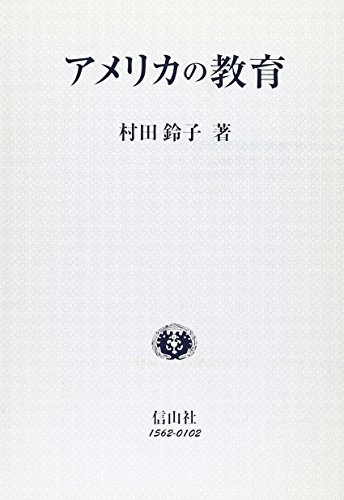1 0 0 0 IR 外国人の人権と教育--外国人学校の大学受験問題より
- 著者
- 村田 鈴子
- 出版者
- 龍谷大学国際センター
- 雑誌
- 竜谷大学国際センタ-研究年報 (ISSN:13439413)
- 巻号頁・発行日
- no.12, pp.97-110, 2003-03
This paper is to study about human rights and education of the foreigners in Japan. All school are divide into three classes in Japan, there are formal schools, special schools (senshu) and miscellaneous schools (kakushu). And International schools where foreigners are built and manageing schools are belonging miscellaneous schools. Therefore, even though International schools are execellent schools and are same level to Japanese high schools, they are not to take the entrance examination to 99 national universities and colleges without special examination by "School Law" in 1947. They are a discrimination for foreigners, especially native Korean in Japan are same living and learnning situation. Recentry, Kyoto University and other agency are trying to change the law. And, the Ministry of Education and Science is thinking about how to change. It will hope to take the entrance examination of 99 national universities and colleges through graduation. Also, International law will hope to compleate with national law in regarding human rights and education for foreigners in Japan.
1 0 0 0 OA 女子大学の存在意義
- 著者
- 村田 鈴子
- 出版者
- 群馬県立女子大学
- 雑誌
- 群馬県立女子大学紀要 (ISSN:02859432)
- 巻号頁・発行日
- vol.3, pp.97-114, 1983-03-31
The purpose of this paper is to research the significance of women's universities and colleges in Japan, especially after World War II. There are 87 four-year women's universities and colleges-2 national, 8 public and 77 private-in Japan now. In the process of understanding, the writer inquired into their existence from the point of view of law and mentioned today's situation of women's universities and colleges. Then the writer pursued the problem of coeducationalism, and finally, thought about the aim of higher education for women in the future of Japan. Recently, there is a tendency to change women's higher institutions to coeducation little by little in Japan. We must inquire into the special educational purpose of women's universities and colleges which have positive significance. We must also consider about opening them for adults as institutions for a life-long education more and more. It will increase value of the existence of women's universities and colleges.

